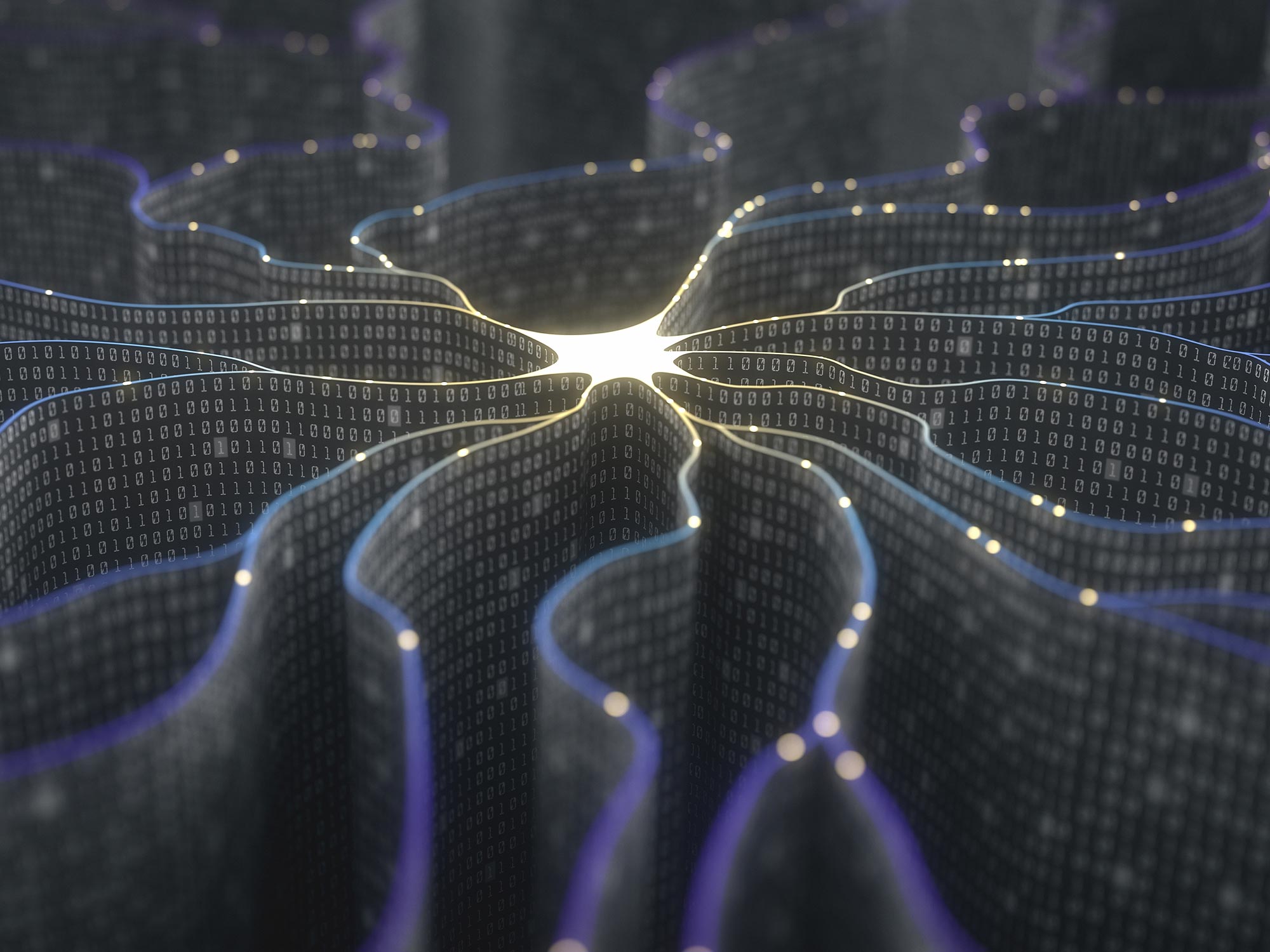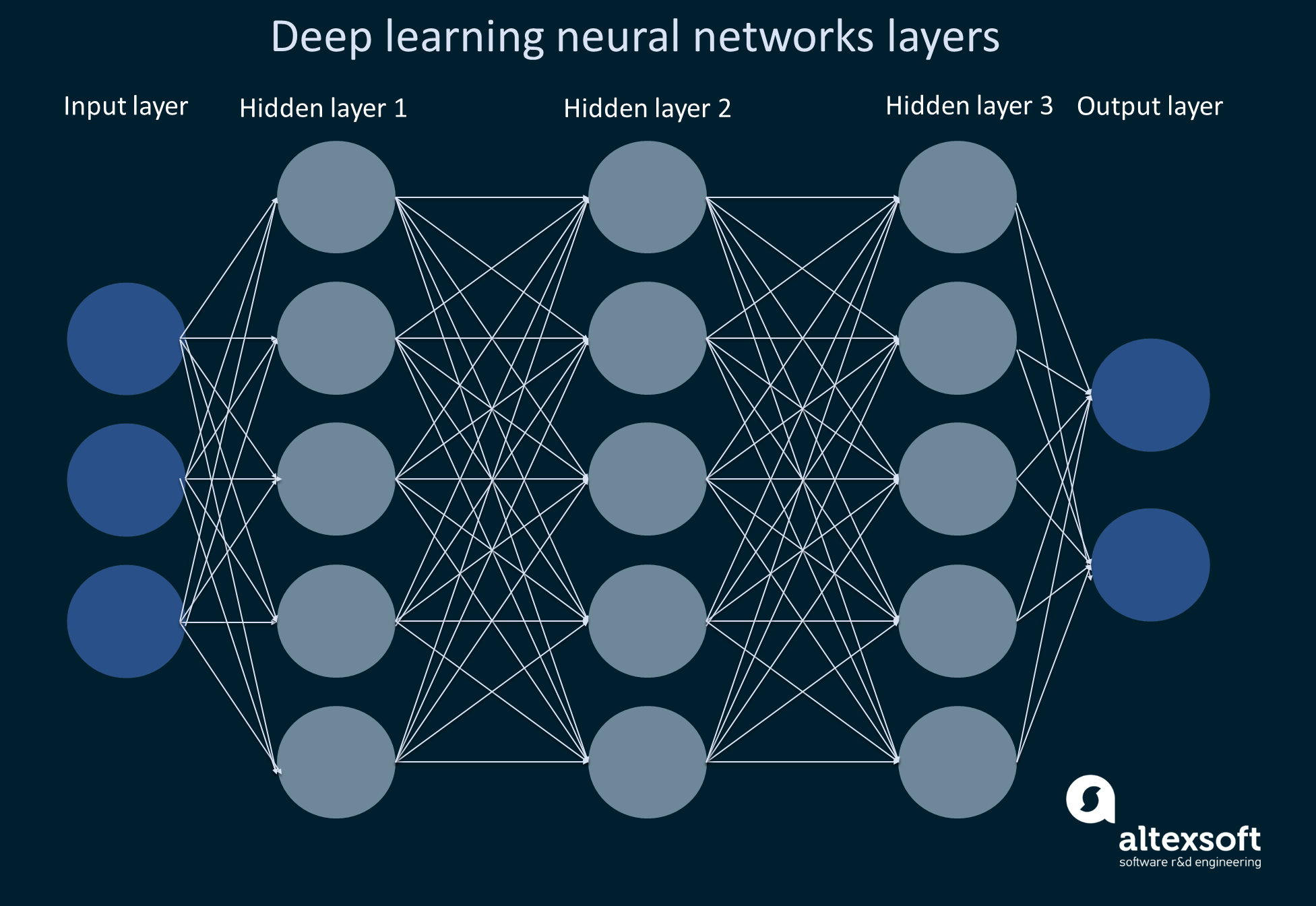Unlocking The Future: How Deep Learning Is Revolutionizing Artificial Intelligence
Deep learning for AI has become a transformative force, reshaping industries and unlocking unprecedented possibilities in technology. From healthcare to autonomous vehicles, the integration of deep learning into artificial intelligence systems has redefined how machines learn and adapt. This cutting-edge approach allows computers to process vast amounts of data, recognize patterns, and make decisions with minimal human intervention. As deep learning continues to evolve, it offers groundbreaking solutions to complex problems that were once considered unsolvable. With its ability to mimic the human brain's neural networks, deep learning has become the backbone of modern AI systems.
For businesses and researchers alike, understanding the potential of deep learning for AI is crucial. This technology is not just a buzzword but a practical tool that is driving innovation across sectors. By leveraging deep learning algorithms, organizations can enhance efficiency, improve accuracy, and deliver personalized experiences to users. Whether it’s improving medical diagnostics or powering voice assistants, deep learning is proving to be an indispensable asset in the AI toolkit.
As the demand for smarter systems grows, so does the need for expertise in deep learning for AI. Developers, engineers, and data scientists are now focusing on mastering this technology to stay ahead in the competitive landscape. This article dives deep into the world of deep learning, exploring its applications, challenges, and future potential. By the end, you’ll have a clear understanding of why deep learning is at the forefront of AI innovation and how it can shape the future of technology.
Read also:Dr Mandell Age Wikipedia Unveiling The Life And Legacy Of A Visionary
- What is Deep Learning for AI?
- How Does Deep Learning Work?
- Why is Deep Learning Important for AI?
- What Are the Applications of Deep Learning?
- Challenges in Deep Learning for AI
- How Can You Get Started with Deep Learning?
- Future Trends in Deep Learning for AI
- Deep Learning for AI in Healthcare
- Is Deep Learning the Future of AI?
- Conclusion
What is Deep Learning for AI?
Deep learning is a subset of machine learning that focuses on using artificial neural networks to process information. These networks are designed to mimic the human brain's structure, enabling machines to learn from large datasets and make decisions based on patterns. Deep learning for AI has gained immense popularity due to its ability to handle complex tasks such as image recognition, natural language processing, and predictive analytics.
How Does Deep Learning Work?
Deep learning models rely on layers of interconnected nodes, known as neurons, to process data. Each layer extracts features from the input data, passing the refined information to the next layer. This hierarchical approach allows the system to learn intricate patterns and relationships. For instance, in image recognition, the first layers might detect edges, while deeper layers identify objects or faces.
Why is Deep Learning Important for AI?
Deep learning for AI is crucial because it enables machines to perform tasks that were previously impossible. Traditional machine learning algorithms often struggle with unstructured data, such as images or audio. Deep learning, on the other hand, excels in handling such data, making it indispensable for applications like autonomous vehicles, virtual assistants, and fraud detection systems.
What Are the Applications of Deep Learning?
Deep learning for AI is being used in a wide range of industries to solve real-world problems. Below are some key applications:
- Healthcare: Deep learning models are used to analyze medical images, predict disease outbreaks, and assist in drug discovery.
- Finance: Banks and financial institutions use deep learning to detect fraudulent transactions and assess credit risk.
- Retail: E-commerce platforms leverage deep learning for personalized recommendations and inventory management.
- Transportation: Autonomous vehicles rely on deep learning to navigate roads and avoid obstacles.
Challenges in Deep Learning for AI
Despite its potential, deep learning for AI faces several challenges. These include:
- Data Requirements: Deep learning models require vast amounts of labeled data to function effectively.
- Computational Power: Training deep learning models can be resource-intensive, requiring powerful hardware like GPUs.
- Interpretability: Understanding how deep learning models arrive at decisions can be difficult, raising concerns about transparency.
How Can You Get Started with Deep Learning?
If you’re interested in exploring deep learning for AI, here are some steps to get started:
Read also:The Perfect Temperature For A Medium Well Steak A Complete Guide
- Learn the basics of machine learning and neural networks.
- Familiarize yourself with popular deep learning frameworks like TensorFlow and PyTorch.
- Work on small projects to gain hands-on experience.
- Join online communities and forums to stay updated on the latest trends.
Future Trends in Deep Learning for AI
The future of deep learning for AI looks promising, with several trends on the horizon:
- Edge Computing: Deep learning models will increasingly run on edge devices, enabling real-time processing.
- Federated Learning: This approach allows models to be trained across multiple devices without sharing data.
- Explainable AI: Efforts are underway to make deep learning models more interpretable and transparent.
Deep Learning for AI in Healthcare
One of the most impactful applications of deep learning for AI is in healthcare. By analyzing medical images, deep learning models can assist doctors in diagnosing diseases like cancer and heart conditions. These models can also predict patient outcomes and recommend personalized treatment plans.
Is Deep Learning the Future of AI?
While deep learning for AI has made significant strides, it is not without limitations. However, its ability to solve complex problems and adapt to new challenges makes it a cornerstone of AI development. As research continues, deep learning is likely to play an even greater role in shaping the future of artificial intelligence.
Conclusion
Deep learning for AI has revolutionized the way we approach problem-solving in technology. Its ability to process vast amounts of data and learn from it has opened doors to countless possibilities. From healthcare to finance, deep learning is transforming industries and improving lives. As we continue to explore its potential, it’s clear that deep learning will remain a driving force in the evolution of artificial intelligence. Whether you’re a developer, researcher, or business leader, understanding and leveraging deep learning for AI is essential for staying ahead in today’s fast-paced world.
Article Recommendations

